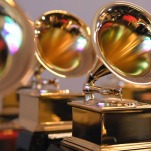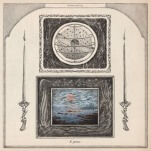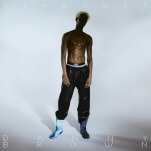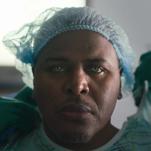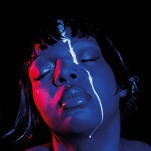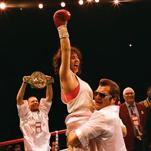Can Science “Prove” Bisexuality? Studies Suggest Yes
Photo: KAMIL KRZACZYNSKI/AFP/Getty Images and JOSH EDELSON/AFP/Getty Images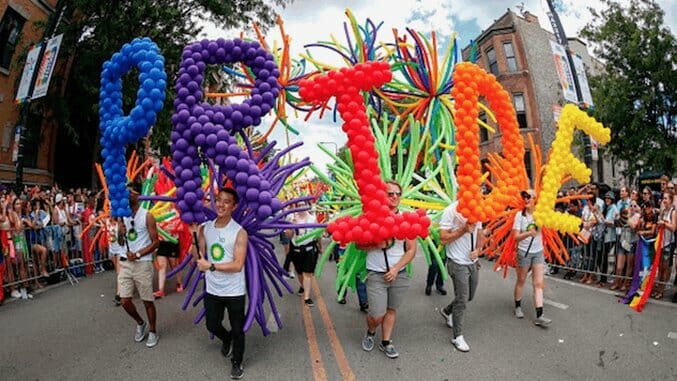
I first realized I was bisexual in high school but didn’t come out until fifteen years later because I thought it was just a phase. As a teenager during the late ‘90s, most coming out stories I saw on TV involved gays and lesbians, so I didn’t think I was “queer enough” to come out. When I did come out a few years ago, though, I found that not only did the mainstream LGBTQ rights movement still focused exclusively on gays and lesbians, but also that some gay people don’t believe bisexuality is a thing. Sex columnist Dan Savage is known to respond to young bisexuals with, “I was, too, at your age.” The TV show Glee, despite its positive portrayals of gay and lesbian teens, had a few episodes that suggested bisexuals are either liars or cheaters. Even my first boyfriend was convinced he could end my “addiction to pussy.” I know Carl Sagan once said, “Extraordinary claims require extraordinary evidence,” but I didn’t think being able to love people regardless of gender was too extraordinary of a claim.
Apparently it is, though, because in 2005 three researchers published a paper that casted doubts on bisexuality in men. For this study, the researchers picked 30 straight men, 33 bisexual men, and 38 gay men to measure how they reacted to erotic visual stimuli. First the participants filled out a form where they described how they identify sexually, and then the researchers attached sensors to their penises and showed them porn. Some of the porn featured two women, and some featured two men. According to results, the majority of bisexual men shared the same reactions (i.e. amount of erections) to the male-on-male porn as did the gay men. Thus, as many interpret, most bisexual men are really just gay.
-

-

-

-

-

-

-

-

-

-

-

-

-

-

-

-

-

-

-

-

-

-

-

-

-

-

-

-

-

-

-

-

-

-

-

-

-

-

-

-

